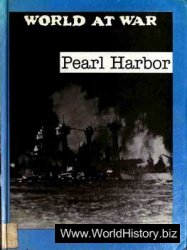Founded in 1960 at the Connecticut home of National Review editor and conservative activist William F. Buckley, Jr., the Young Americans for Freedom laid the foundation for a national conservative youth movement.
Conservatism had several definitions during the 1960s. During the COLD war, many American conservatives were isolationist and believed that the United States should stay out of foreign affairs. However, after Robert Taft was defeated for the Republican nomination in 1952, this type of conservatism rapidly changed. The new conservative movement was formed out of four ideals that were based on free-market economics, respect for traditional values, an orderly society, and anticommunism. This new ideology was brought about largely by the conservative newspaper Human Events, the magazine National Review, and Buckley.
On September 11, 1960, the Young Americans for Freedom drafted the Sharon Statement as a commitment to the youth conservative movement. This statement reiterated their beliefs in free will, individual liberties, the free market economy, anticommunism, and the protection of those freedoms by the national government.
In its first four years of existence, YAF spread rapidly throughout the nation’s college campuses. Its newfound popularity helped to catalyze Republican Barry Goldwa-TER’s campaign for president in 1962. On May 7, 1962, YAF held a convention in Madison Square Garden that brought out 18,500 conservative activists in support of Goldwater. Goldwater eventually lost the presidential election, but the ability of YAF to launch his candidacy demonstrated the group’s newfound power in the conservative arena. From the 1960s to the present, YAF has continued to campaign in support of conservative issues and candidates.
Further reading: John A. Andrew III, The Other Side of the Sixties: Young Americans for Freedom and the Rise of Conservative Politics (New Brunswick, N. J.: Rutgers University Press, 1997).
—Hilary Styer




 World History
World History
![The Battle of Britain [History of the Second World War 9]](https://www.worldhistory.biz/uploads/posts/2015-05/1432582012_1425485761_part-9.jpeg)








